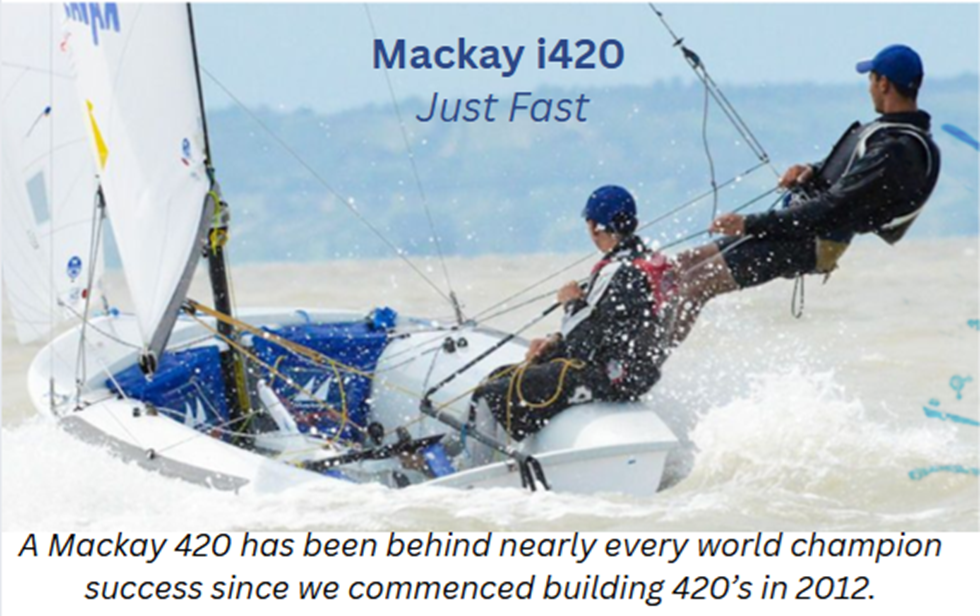“We want occasional reach legs” and “Reaches are parades” are two often heard phrases on Scuttlebutt. Most reach legs have become parades with few strategical options and as a result most big regattas are all windward-leewards. It didn’t used to be that way. Here is what happened. [Read more…] about The (Lost) Art of Setting Reach Legs, by Ken Legler



